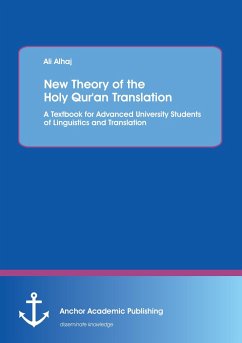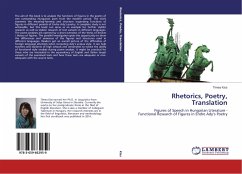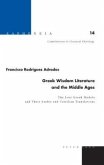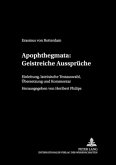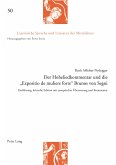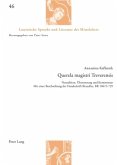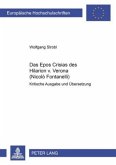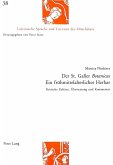Translation strategies are the procedures employed by the translator to attempt a solution to the multifarious baffling problems with which translation is indubitably replete. Malone (1988, p.78) defines translation
The steps, selected from a consciously known range of potential procedures, taken to solve a translation problem, which has been consciously detected and resulting in a consciously applied solution.
While some strategies are helpful, others turn out to be of little avail. It follows, then, that the translator has to sort out the wheat from the chaff in pursuit of a good translation. Here, the translator may utilize particular strategies in accordance with the method anticipated in the course of translation, i.e. target- orientedness or source- orientedness.,
Faced with differences in the extralinguistic reality of the two cultures or ist lexical mapping, the translator tries to reconcile them by relying on the following procedures: borrowing, definition, literal translation, substitution, lexical creation, omission, and addition. Three comments that need to be made by the researcher in connection with this list:
First, not all of the procedures achieve cultural transfer in the sense of filling the gap, but they all serve the purpose of achieving communicative equivalence in translation. For instance, substitution and omission certainly do not help to make members of the target culture aware of anything that their culture does not already possess, and lexical creation is no more enlightening than the use of the sources - language expression unless accompanied by some other procedure that will make the particular extra-linguistic feature part of their experiences. Second, combinations of procedures rather than single procedures are required for optimum transmission of cultural information (e.g., borrowing -and- definition, borrowing-and- substitution, lexical creation-and- definition,)
Third, in planning his/her translation strategy, the translator does not make a one-time decision on how he/she will treat unmatched elements of culture; rather, even if the translator has established an overall order of preferences, he/she usually makes a new decision for each element and for ist each use in an act of communication, rather, even if he has established an overall order of preferences, he usually makes a new decision for each such element and for each use in an act of communication .(Cohen,1990,p.78)
The steps, selected from a consciously known range of potential procedures, taken to solve a translation problem, which has been consciously detected and resulting in a consciously applied solution.
While some strategies are helpful, others turn out to be of little avail. It follows, then, that the translator has to sort out the wheat from the chaff in pursuit of a good translation. Here, the translator may utilize particular strategies in accordance with the method anticipated in the course of translation, i.e. target- orientedness or source- orientedness.,
Faced with differences in the extralinguistic reality of the two cultures or ist lexical mapping, the translator tries to reconcile them by relying on the following procedures: borrowing, definition, literal translation, substitution, lexical creation, omission, and addition. Three comments that need to be made by the researcher in connection with this list:
First, not all of the procedures achieve cultural transfer in the sense of filling the gap, but they all serve the purpose of achieving communicative equivalence in translation. For instance, substitution and omission certainly do not help to make members of the target culture aware of anything that their culture does not already possess, and lexical creation is no more enlightening than the use of the sources - language expression unless accompanied by some other procedure that will make the particular extra-linguistic feature part of their experiences. Second, combinations of procedures rather than single procedures are required for optimum transmission of cultural information (e.g., borrowing -and- definition, borrowing-and- substitution, lexical creation-and- definition,)
Third, in planning his/her translation strategy, the translator does not make a one-time decision on how he/she will treat unmatched elements of culture; rather, even if the translator has established an overall order of preferences, he/she usually makes a new decision for each element and for ist each use in an act of communication, rather, even if he has established an overall order of preferences, he usually makes a new decision for each such element and for each use in an act of communication .(Cohen,1990,p.78)

